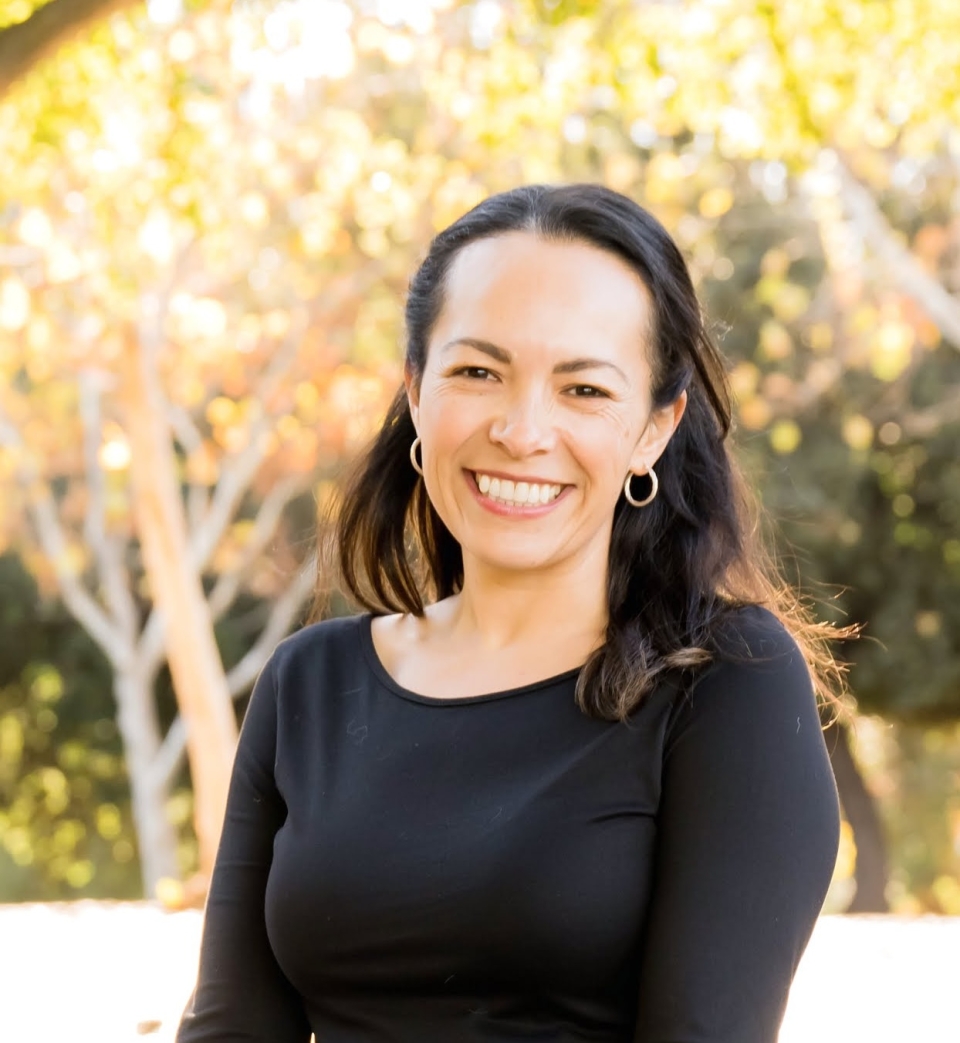The Power of Motivation in Successful Marine Protected Areas Management
–
McGowan MG102McGowan Building
411 Pacific St
Monterey, CA 93940 View in Campus Map
Free
Open to the Public

Can governments and communities work together to co-manage Marine Protected Areas and marine resources?
The Power of Motivation in Successful Marine Protected Areas Management
Speaker: Silvia Bor, Pacific Environment, Marine Program Senior Director
Monday, September 16, 2024
6:00pm to 7:30pm
In-person only (recording available after lecture)
McGowan 102
411 Pacific Street, Monterey, CA 93940
Video from the Event
About the Topic
Marine protected areas (MPAs) can provide numerous ecological and socioeconomic benefits for communities and marine wildlife. Their success, especially in coastal areas, is heavily contingent on compliance with laws and regulations. However, impoverished coastal communities that depend on fish for food and livelihoods are not easily motivated to comply with regulations, despite the long-term benefits, unless there is some incentive to reduce their income or work harder for the same food today. In this lecture, we will discuss the power of motivation and how co-management of marine resources, where governments and communities work together, can increase compliance and therefore conservation success.
About the Speaker
Silvia Bor serves as Senior Director of Pacific Environment’s Marine Program. Silvia brings over a decade of marine advocacy in the nonprofit arena, including most recently from WildAid, where she co-developed a multimillion-dollar expansion plan that ultimately led her team to engage with nearly 100 partners and consultants in 16 countries. Silvia also helped lead WildAid’s strategic planning as well as its program evaluation and monitoring. Silvia, who is fluent in Spanish, has a BA in Communication from Stanford University and an MA in International Environmental Policy from the Middlebury Institute of International Studies at Monterey (IEP/OCRM 2012). She is currently the chair of the NICU Patient & Family Advisory Committee at John Muir Health, member of CPQCC’s Family Advisory Council, and in her spare time loves traveling, writing, reading, yoga, and exploring California with her son.
Recommended Reading
- Five key attributes can increase marine protected areas performance for small-scale fisheries management
- Stanford Marshmallow Test Experiment
- Co-Management as a Successful Strategy for Marine Conservation
- Understanding the Power of Intrinsic Motivation
Event Location: McGowan Building, Room 102
The McGowan Building is located at 411 Pacific Street, Monterey, CA, 93940, on the campus of the Middlebury Institute of International Studies. Attendees should enter through the glass doors from Pacific Street, and the MG102 is located inside to the right. View the campus map.
No Zoom this fall, but most lectures recorded
This fall, all classes are back 100% in-person, and our lecture series has followed suit. Zoom will not be an option for public participation, but in-person attendees are certainly welcome. Can’t make it in person? No problem! Most lectures will be recorded (as permitted by our speakers) and the videos uploaded to the CBE YouTube, with a link added to this event announcement as it becomes available.
Parking
Parking is available in any Middlebury Institute campus lot after 5 p.m., no parking permit required, no fee. View the campus map. (be sure to not confuse city lots with campus lots—city lots do charge a fee). Free parking is also available on the street (time limits on surrounding streets end at 6 p.m.).
Questions
Contact Rachel Christopherson at the Center for the Blue Economy at cbe@miis.edu or (831) 647-4183.
Gratitude to Our Sponsors
We thank the Loker Hicks Foundation and the Nancy Eccles and Homer M. Hayward Family Foundation our sponsors.
About the Host
The Center for the Blue Economy is a research center at the Middlebury Institute of International Studies, that provides economic and policy analysis to support the development of a robust and equitable blue economy for the 21st century. The Center uses the World Bank’s definition of the Blue Economy: the sustainable use of ocean resources for economic growth, improved livelihoods and jobs, and ocean ecosystem health. We must maintain ocean health to maintain human health, economic health, and the health of the planet. Climate change is linked, inextricably, to a healthy ocean. We are co-leading a movement for Ocean Climate Action Now. Consider joining our Center for the Blue Economy Newsletter List (3-4x per year by email).
